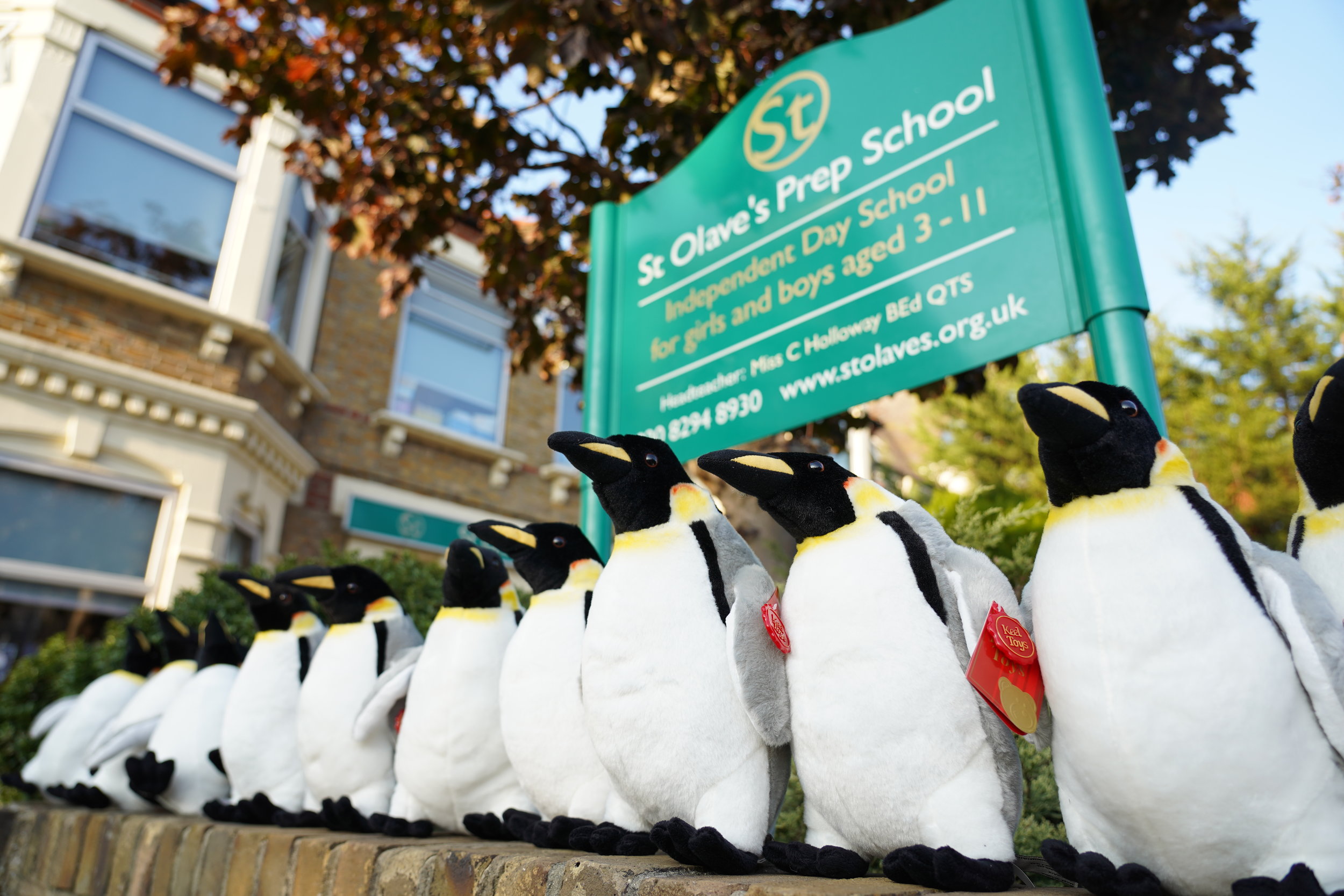At St. Olave’s Prep School we want our children to acquire the right skills and attitudes for life. After researching the concept of Growth Mindset, Building Learning Power (BLP), visiting schools and listening to experts in the field of metacognition: Our SLT and Teaching and Learning Team have chosen a list of key learning muscles to support the development of these skills in an explicit way. Each muscle has a character linked to it and each character has a set of tools that are an essential part of each lesson, where children will be identifying key attitudes needed for the tasks and their own key areas for improvement.
Growth Mindset is a key concept based around the work of Carol Dweck, which shapes the ethos of the school. We believe the children should be taught to love challenges, be curious, see mistakes as a way to improve, enjoy effort, persevere and learn from each other. Rather than simply praising ‘ability’ and ‘flair’, we praise effort, persistence and positive attitudes to the learning process and give feedback to help children make even more progress so that learning is seen as a way to improve. We encourage learning from their mistakes and seeing it as an opportunity to learn something new.
Building Learning Power or BLP is based on the work of Professor Guy Claxton. It is an approach to learning that is taught across our school and it helps the children:
Learn more
Learn better
Become better learners
Become lifelong learners
We want children to see learning as a process. For them to see that ability is not a gift or fixed, but something that can be improved with hard work and practice. We want them to know that they are all good at something and that they can get better at things that they find a challenge. We believe that we need to give our children the skills they need to face whatever career path they take in a future that we may not recognise.
The approach that we take is realistic and accessible to all and it is an approach that can be cultivated at home and school.
Our 4 chosen Learning Muscles are:
Resilience
Cooperation
Reflectiveness
Resourcefulness
We call these behaviours our learning muscles and explain to the children that they need to be exercised in order to get learning fit. Each muscle is broken down into a set of associated behaviours that we teach explicitly through our normal timetable and curriculum. We launched the Learning Muscles in September 2018 and are currently focusing on the first Learning Muscle: RESILIENCE.
What will the school do differently?
The curriculum and timetable will remain the same. Teachers will alert the children to the learning muscles that will be actively exercised in their lessons and they will be encouraged to develop their learning behaviours with each other and individually. The learning process involved during each lesson will be made explicit and the children will be encouraged to talk about their learning. When faced with challenge, the children will not step in too quickly but allow the children time to ‘exercise their learning muscles’. In addition, the teachers will model themselves as good learners saying that they don’t know but show how to find out. We will praise the process of learning rather than the academic outcome. This reinforces the idea that ability can be learnt and we are all learners at something. We want our children to know that making mistakes means you are learning something new.
What will the children do differently?
Children will begin to use the language of learning. You may hear things like “I was resilient today . . .”or “I learnt from my mistake . .” Take time to talk to your children about these achievements in the same way you would if they got a good mark in spelling or moved a new reading level. Similarly, the children may associate themselves with the learning behaviour characters. “I was like Paulo Penguin when I was doing my maths.” This means that they were being resilient and did not give up. Children will be taught to see mistakes and challenge as normal part of the learning process and they will be expected to try hard to overcome these challenges for themselves. Over time, children will become better at facing challenge and uncertainty in a calm, confident and creative way. This is the start of a lifelong journey, so remember, each journey begins with small steps.
What can parents do?
First and foremost, appreciate the impact that developing these learning behaviours can have on your child’s potential. Parents have a powerful influence on a child’s self-concept as a learner.
Activities that help exercising the learning muscles:
Using interesting and complex vocabulary.
Encouragement to read for a range of purposes.
Cultural activities (libraries, museums, performances or historical sites)
Development of hobbies.
Providing opportunities to question and try out new things.
Having conversations about things outside the home.
Discussions about progress at school.

